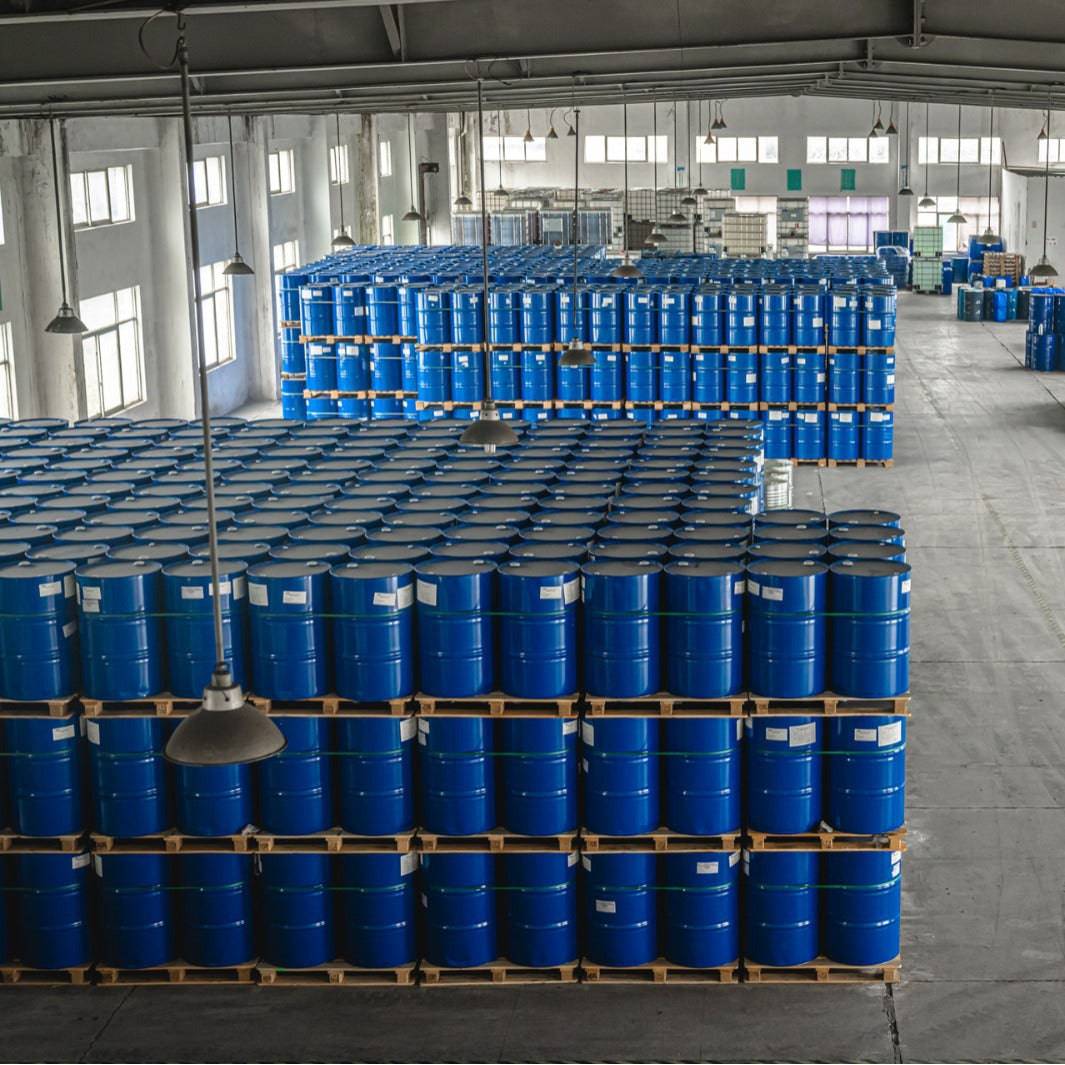The Duty of Heat Transfer Liquid in Enhancing System Performance and Security
In the ever-evolving landscape of commercial processes, warm transfer fluids (HTFs) emerge as critical parts in enhancing both system performance and safety. These specialized fluids, understood for their superior thermal conductivity and controlled viscosity, make it possible for efficient heat exchange, which is indispensable for streamlined procedures. Nevertheless, the impact of HTFs prolongs past plain effectiveness; their fundamental thermal stability and reduced flammability dramatically contribute to take the chance of mitigation. As industries come to grips with the demand for high-performance and secure procedures, understanding the nuanced duty of HTFs ends up being crucial. What exactly makes HTFs so essential in today's commercial frameworks?
Comprehending Heat Transfer Liquids
Warm transfer fluids, frequently considered the lifeline of thermal monitoring systems, play a crucial role in controling temperature level throughout different industrial applications. These fluids are vital in procedures where warmth have to be either absorbed or dissipated to maintain optimum operating problems. Industries such as chemical processing, power generation, and production depend on warm transfer fluids to guarantee tools runs successfully and safely. By helping with the transfer of thermal power, these fluids assist in stopping overheating, hence prolonging the lifespan of equipment and minimizing downtime.
The choice of an ideal warmth transfer fluid is vital to the success of a thermal administration system. In summary, a comprehensive understanding of heat transfer liquids is essential for optimizing system performance, making sure functional safety, and achieving affordable thermal management services.
Key Characteristic of HTFs

The details heat ability of an HTF defines the amount of warm energy needed to change its temperature, influencing exactly how successfully the system can respond to temperature variants. The boiling and freezing factors of HTFs additionally play a pivotal duty, especially in systems exposed to extreme temperature levels, ensuring liquid security and preventing stage changes throughout procedure.
Enhancing System Performance
To improve system performance with heat transfer liquids (HTFs), it is essential to integrate an extensive strategy that takes into consideration both fluid properties and system layout. The selection of find this an appropriate HTF is pivotal, as its thermal conductivity, viscosity, and certain warm capability straight influence the performance of heat exchange.
Similarly vital is the layout of the warm transfer system itself. The surface area and product of warm exchangers must be optimized to maximize heat transfer performance.
Boosting Operational Safety And Security
Making sure operational safety in warm my link transfer systems requires a thorough concentrate on both the properties of heat transfer fluids (HTFs) and the design and maintenance of the whole system. HTFs need to have thermal security, low flammability, and appropriate thickness to reduce dangers such as leakages, fires, and system breakdowns. Picking the appropriate HTF is vital as it figures out the system's capacity to handle temperature changes without jeopardizing security.
The layout of the system must integrate redundancies and fail-safes to take care of potential risks successfully. This consists of the integration of safety and security shutoffs, pressure relief gadgets, and temperature monitoring systems to detect and resolve abnormalities promptly. Regular upkeep is crucial to make sure that all parts, consisting of pumps, pipelines, and seals, are operating properly and are totally free from wear or rust, which might bring about dangerous leaks or failings.
Additionally, personnel in charge of the procedure and maintenance of heat transfer systems have to be effectively learnt safety methods and emergency feedback procedures. Regular training programs and security drills can substantially decrease the possibility of mishaps, making sure a safer working atmosphere. Ultimately, an extensive method to safety and security-- incorporating fluid selection, system layout, and workforce training-- is crucial for ideal operational protection.
Market Applications of HTFs
Extensively utilized throughout various industries, warm transfer liquids (HTFs) play a crucial function in improving the effectiveness and dependability try these out of thermal management systems. In the chemical industry, HTFs are essential for maintaining exact temperatures throughout reactions, making sure item uniformity and top quality. They assist in warmth exchange procedures in activators, condensers, and warm exchangers, thereby optimizing energy use and reducing waste.
In the oil and gas field, HTFs are employed in both upstream and downstream operations. They manage temperature in boring procedures and enhance performance in refining procedures by providing stable thermal problems. This leads to lowered downtime and boosted safety and security, especially in critical procedures such as purification and splitting.
The renewable resource market likewise benefits considerably from HTFs, specifically in concentrated solar power (CSP) plants. Right here, HTFs move caught solar energy to power turbines, enabling efficient power generation. The pharmaceutical sector counts on HTFs for accurate temperature control in both synthesis and storage space, making sure product efficacy and security.


In addition, the food and drink industry utilizes HTFs for pasteurization, sanitation, and food preparation processes, improving both product safety and production effectiveness. Across these sectors, HTFs serve as vital elements in keeping optimal functional efficiency and safety.
Verdict
Warmth transfer liquids are necessary in enhancing commercial system efficiency and security by offering high thermal conductivity, ideal thickness, and thermal stability. Proper option and maintenance of HTFs improve heat exchange efficiency, therefore enhancing functional efficiency.